Music has a unique power to convey emotion and atmosphere. It can summon the imagination, stir the soul and evoke memories. For centuries, great composers have walked in the countryside to find creative stimulation and many have been inspired to capture and evoke the mood and the feel of the places they encountered. Birdsong, wind in the trees, a river running – all these have been the source of many wonderful compositions. And music also has the power to transport us, the listeners, to sweeping downland, meadows of wildflowers or a storm in a woodland.
In a recent BBC Countryfile Magazine podcast – the Plodcast – Jeremy Pound of BBC Music Magazine took Plodcast host Fergus Collins for a walk in the Cotswolds to talk about which composers' works were the most evocative of the British countryside. The Cotswold Hills and the nearby Malvern Hills were, it seems, particularly fertile landscapes for composers such as Ralph Vaughan Williams and Edward Elgar. You can listen to this podcast episode here.
Five great pieces of music inspired by the British countryside
So when you can't get out to the countryside yourself, why not tune in to stunning music that brings the natural world into your living room? From the song of a skylark above the downlands of southern England to the ancient brooding presence of a Dorset heath, these five works – selected by Jeremy Pound of BBC Music Magazine – summon uplifting and mood-changing visions of the green outdoors. But let's add to this list – please do tell us of your own
Ralph Vaughan Williams
The Lark Ascending
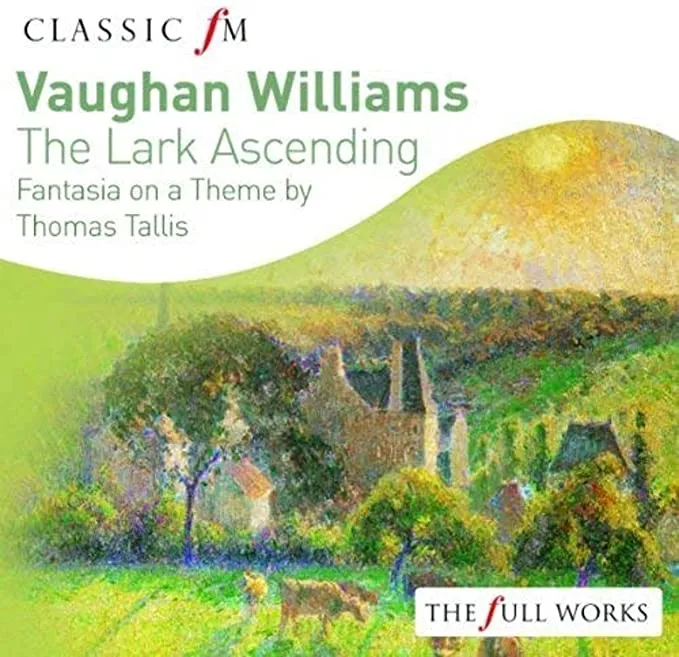
In this gorgeous work written in 1914, a solo violin represents the lark, spiralling and soaring ever upwards into the sky. It is accompanied by a subdued and almost ominous orchestral backdrop – does it represent dark clouds gathering? Much of Vaughan Williams' work was inspired by rural folk songs and settings – another wonderful piece to enjoy is Fantasia on a Theme by Thomas Tullis.
Frederick Delius
On Hearing the First Cuckoo in Spring
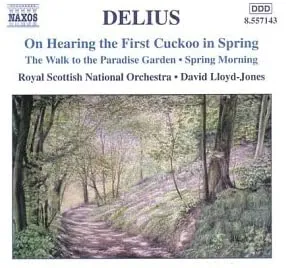
Another bird, this time in the Bradford-born Delius’s short work for orchestra. In this instance, the call of the cuckoo is heard in the oboe and, later, the clarinet, while a soft, gentle melody in the strings promises sunny days ahead.
Arnold Bax
November Woods
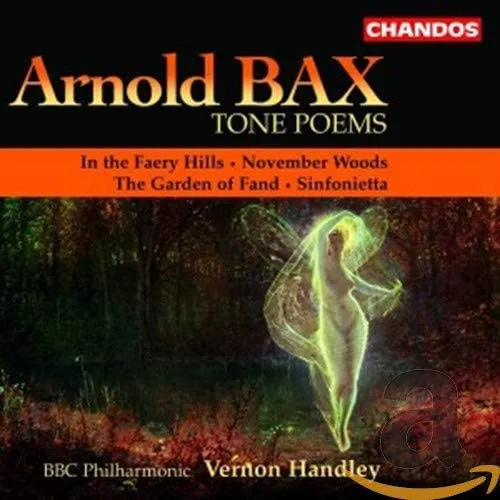
Bax’s 1917 symphonic poem for orchestra has, as the title suggests, a wonderfully autumnal feel. A storm gathers in the first half but eventually the music subsides into a calmer mood. Few works conjure up the British weather so deftly.
Gustav Holst
Egdon Heath
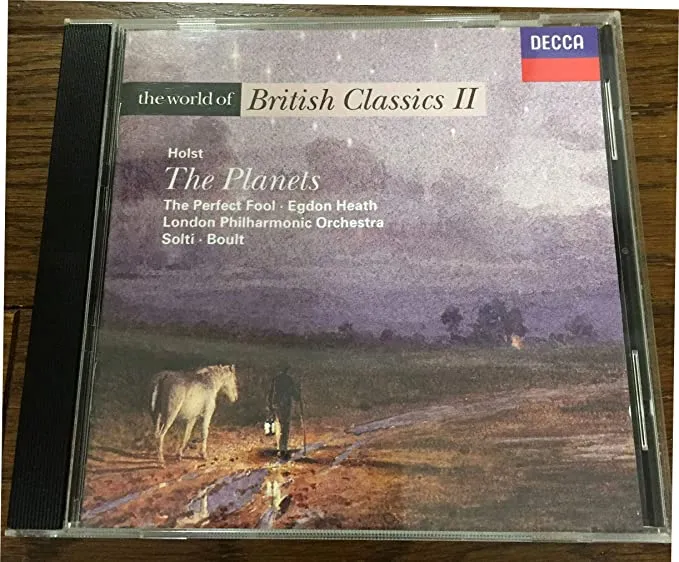
Though the title of Holst’s 1927 orchestral work comes from a fictional location depicted by Thomas Hardy, the composer was initially inspired to write it by long walks in the south of England. The musical landscape here is rugged, and sometimes even foreboding.
Edward Elgar
Cello Concerto
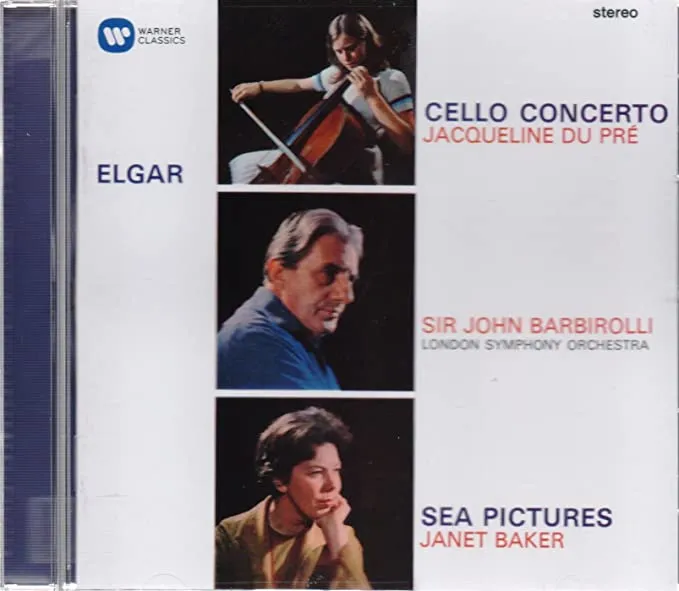
Is an ageing Elgar looking back over recent global and personal trauma in this majestic but mournful 1919 work, or expressing the beauty of the British countryside? A bit of both, one feels – he himself associated a passage from it with the Malvern Hills.
